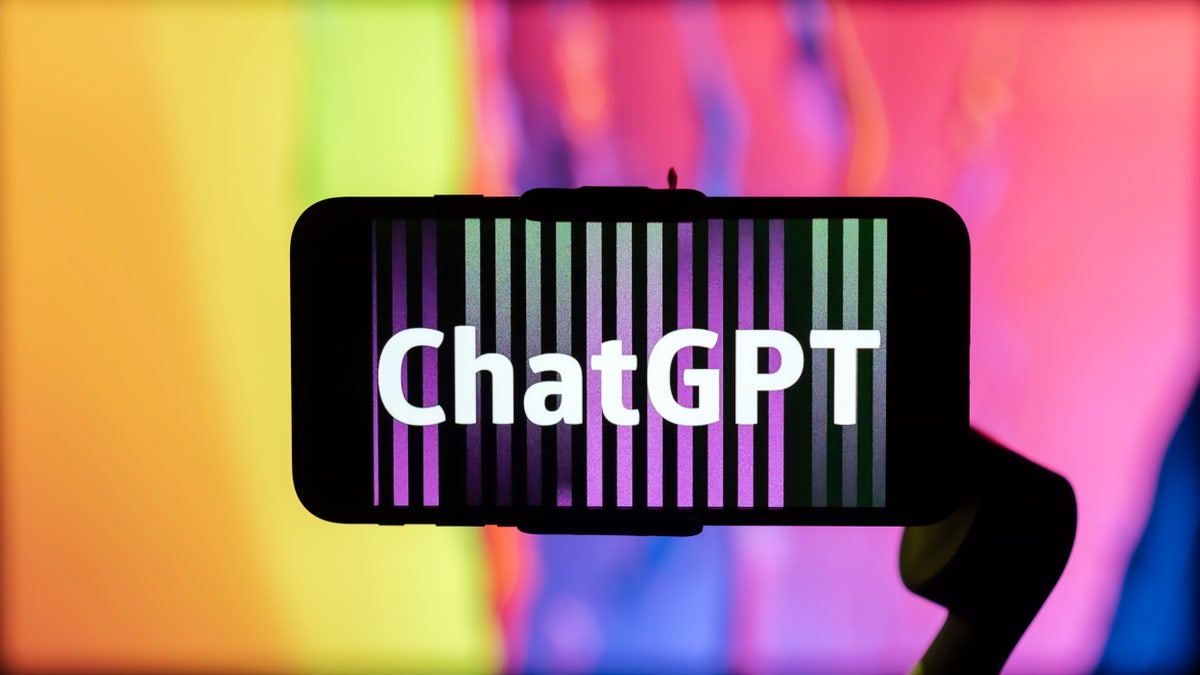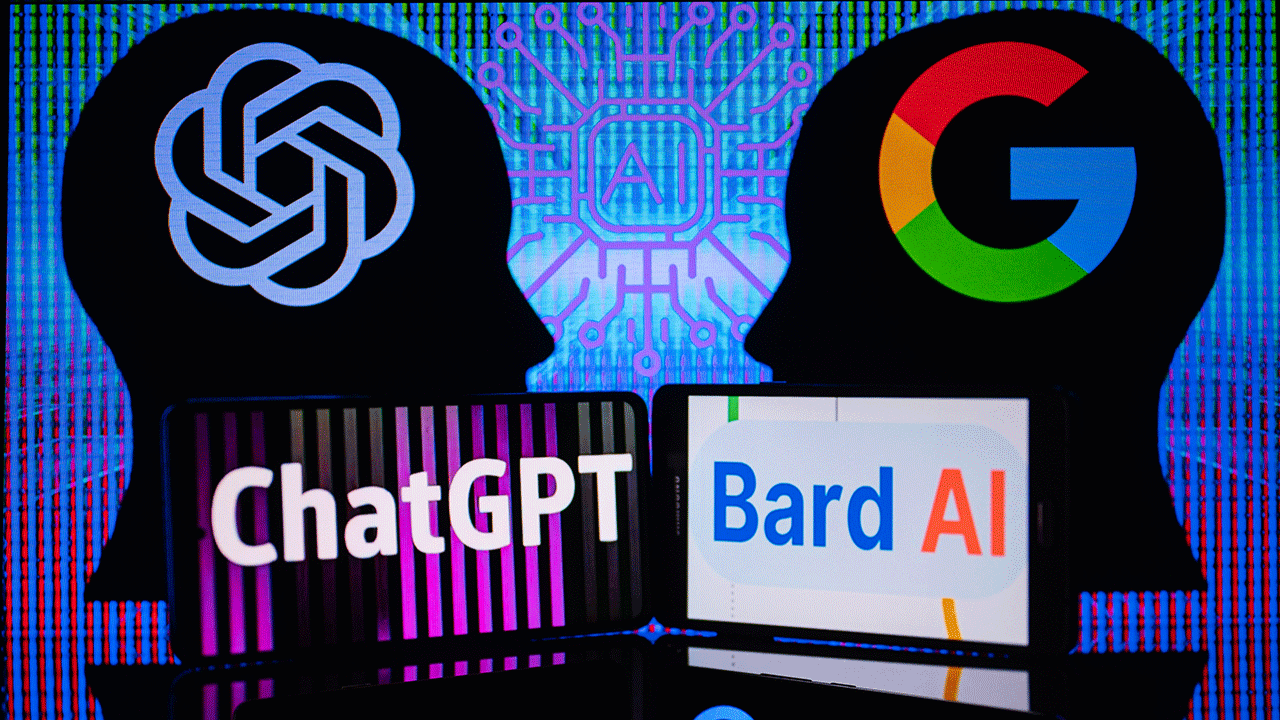The rise of ChatGPT as a revolutionary AI platform has been nothing short of meteoric. Millions worldwide have embraced its ability to engage in human-like conversations. However, this impressive technology has a significant limitation: a knowledge cutoff date of September 2021, rendering it unable to address questions about current affairs.
This time gap became apparent when Fox News Digital attempted to question ChatGPT about recent events like the Titan submersible implosion and Hunter Biden's legal challenges. The chatbot consistently responded that its knowledge base ended in September 2021. ChatGPT explained that its training data only extends to that date, preventing it from accessing information or events that occurred afterward. This cutoff, according to the chatbot, serves as a transparency measure, informing users of its potential lack of up-to-date information.

ChatGPT's responses are generated by Generative Pre-training Transformer-4, a model that operates offline, relying solely on its training data. OpenAI acknowledges this limitation on its website, cautioning users that ChatGPT's responses may be inaccurate, biased, or contain harmful instructions due to its disconnected nature and limited knowledge post-2021.

ChatGPT's rapid growth to 100 million monthly active users by January, just months after its November release, marked a turning point in the tech world. This success spurred other AI labs to accelerate the development of similar or even more advanced programs. Google's Bard, released in March, exemplifies this trend. While not as widely acclaimed as ChatGPT, Bard possesses a key advantage: internet connectivity. This allows Bard to access and process real-time information, including news articles, social media posts, and expert opinions, enabling it to answer questions about current events. This difference highlights a significant contrast between the two leading chatbots.

The evolution of AI chatbots is extending beyond simple conversation. Tech developers are integrating these powerful systems into search engines. Google's experimental Search Generative Experience (SGE), launched in May, incorporates AI-generated responses directly into search results. This enhanced search experience promises to provide users with more comprehensive and relevant information, including quick facts, product comparisons, and direct links to purchase, streamlining the online search process.








